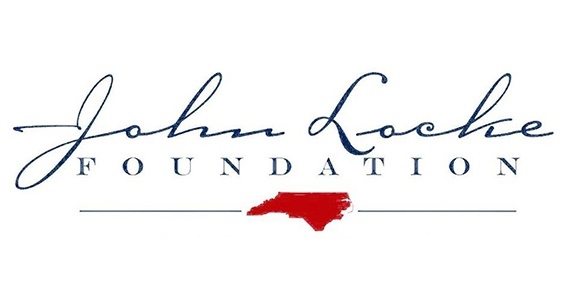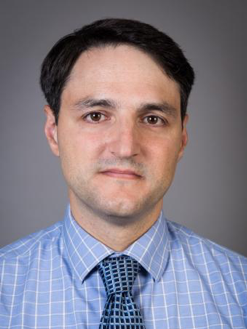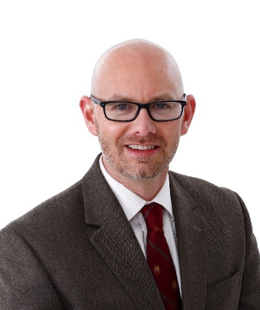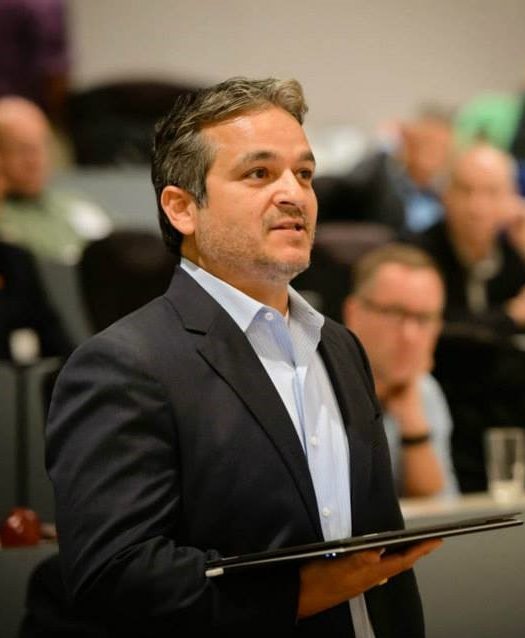Register for Lunch With the Authors
Thank you for your interest, registration for this event is now closed.
About the Event
Motivated as much by a need to increase revenues as by desire to do good, politicians often claim that ‘sin taxes’ will fund projects that promote public health and curb unhealthy behavior. This panel will feature a discussion of topics from Adam Hoffer and Todd Nesbit’s book, For Your Own Good: Taxes, Paternalism, and Fiscal Discrimination in the Twenty-First Century. The book proposes that sin taxes often represent inefficient public policy and may lead to a host of ill effects and unintended consequences.
When:
October 10, 2018. Luncheon begins at 11:30 am, with the panel discussion to start at 12:00 pm.
Where:
Room 346 at Western Carolina University’s Biltmore Park Instructional Center
28 Schenck Parkway
Asheville, NC
The event is free and open to the public and registration is recommended in advance.
If you have food sensitivities, please let us know by emailing csfe@wcu.edu 48 hours prior to the event. Every effort will be made to accommodate your requests.
Event Sponsors


About the Book
Taxing “sin” is one of the oldest and most persistent forms of selective taxation. Founding Father and Treasury Secretary Alexander Hamilton is said to have imposed a tax on whiskey “before the ink on the US Constitution was dry.” Motivated as much by a need to increase revenues as by a desire to do good, politicians often claim that “sin taxes” will fund projects that promote public health as well as curb unhealthy behavior. Yet sin taxes often represent inefficient public policy and may lead to a host of ill effects and unintended consequences that fail to improve public health and disproportionately hurt the poor. Although selective taxes are politically more popular than other forms of taxation, states that need to raise revenue can find more efficient ways to do so–such as by lowering the tax rate and broadening the tax base. Sin taxes simply don’t deliver as advertised: they distort rather than curb undesirable behavior, they have unintended (and harmful) consequences, and they disproportionately hurt low-income taxpayers. And they don’t improve public health.
Complimentary copies will be provided to the first 20 registrants for the event.

About the Panelists

Thad Calabrese
Dr. Thad Calabrese is an associate professor of public and nonprofit management in the Robert F. Wagner Graduate School of Public Service at New York University. He received his PhD from New York University in public administration and policy. He has authored numerous publications on pension finance and management in the public and not-for-profit sectors, as well as on retiree health benefits for government employees. In addition to his academic work, Dr. Calabrese has provided frequent commentary to the press to explain and analyze issues about public pension finance. He has been quoted or cited in the New York Times, Wall Street Journal, Bloomberg, Bond Buyer, and Atlanta Journal-Constitution, among others.

Craig Depken, II
Dr. Craig A. Depken, II is a professor of economics in The Belk College of Business at UNC Charlotte. Dr. Depken joined the faculty at UNC Charlotte in 2007 after spending eleven years at the University of Texas at Arlington. He received his B.A. in Economics from the University of Georgia in 1991 and his Ph.D. in Economics from the University of Georgia in 1996. His areas of expertise include applied microeconomics, public choice, and industrial organization with a focus on sports. In addition to over sixty five peer-reviewed papers, he has contributed to a number of collected volumes, handbooks and encyclopedias, and is the author of Microeconomics Demystified published by McGraw-Hill.

Adam Hoffer
Adam J. Hoffer is an associate professor of economics at the University of Wisconsin- La Crosse where he teaches political economy and sports economics. His is also the director of the newly-established Midwest Center for Economic Engagement and Research and he runs a personal real estate investment and consulting business. Adam earned his PhD in economics at West Virginia University in 2012 and his BA in economics with a minor in business administration from Washington and Jefferson College in 2008. He has published research in areas including political economy, public finance, sports economics, and economics pedagogy and is a co-editor on the recently released book, For Your Own Good: Taxes, Paternalism, and Fiscal Discrimination in the Twenty-First Century.

Todd Nesbit
Dr. Todd Nesbit is an assistant professor of economics in Miller College of Business with a joint appointment in the Institute for Entrepreneurship and Free Enterprise at Ball State University. He earned his Ph.D. in Economics at West Virginia University in 2005 and dual B.A.s in economics and mathematics from Capital University in 2001. His primary research interests include Public Choice and Public Finance with specific interest in excise taxation and the secondary and unintended effects of public policy. In addition to his peer-reviewed academic journal publications, Dr. Nesbit is a co-editor on the recently released book, For Your Own Good: Taxes, Paternalism, and Fiscal Discrimination in the Twenty-First Century. Dr. Nesbit is a member of the Executive Board for the Association of Private Enterprise Education, is on the Board of Scholars at the Mackinac Center for Public Policy, and serves on the Advisory Board for the Center for Peace and Conflict Studies at Ball State University.

Moderated by Dr. Edward Lopez
Edward J. Lopez is Professor of Economics, BB&T Distinguished Professor of Capitalism, and Director, Center for the Study of Free Enterprise at Western Carolina University, where he teaches classes in macroeconomics, applied business economics, and the moral foundations of capitalism. He previously taught public choice and economics of intellectual property at San Jose State University.